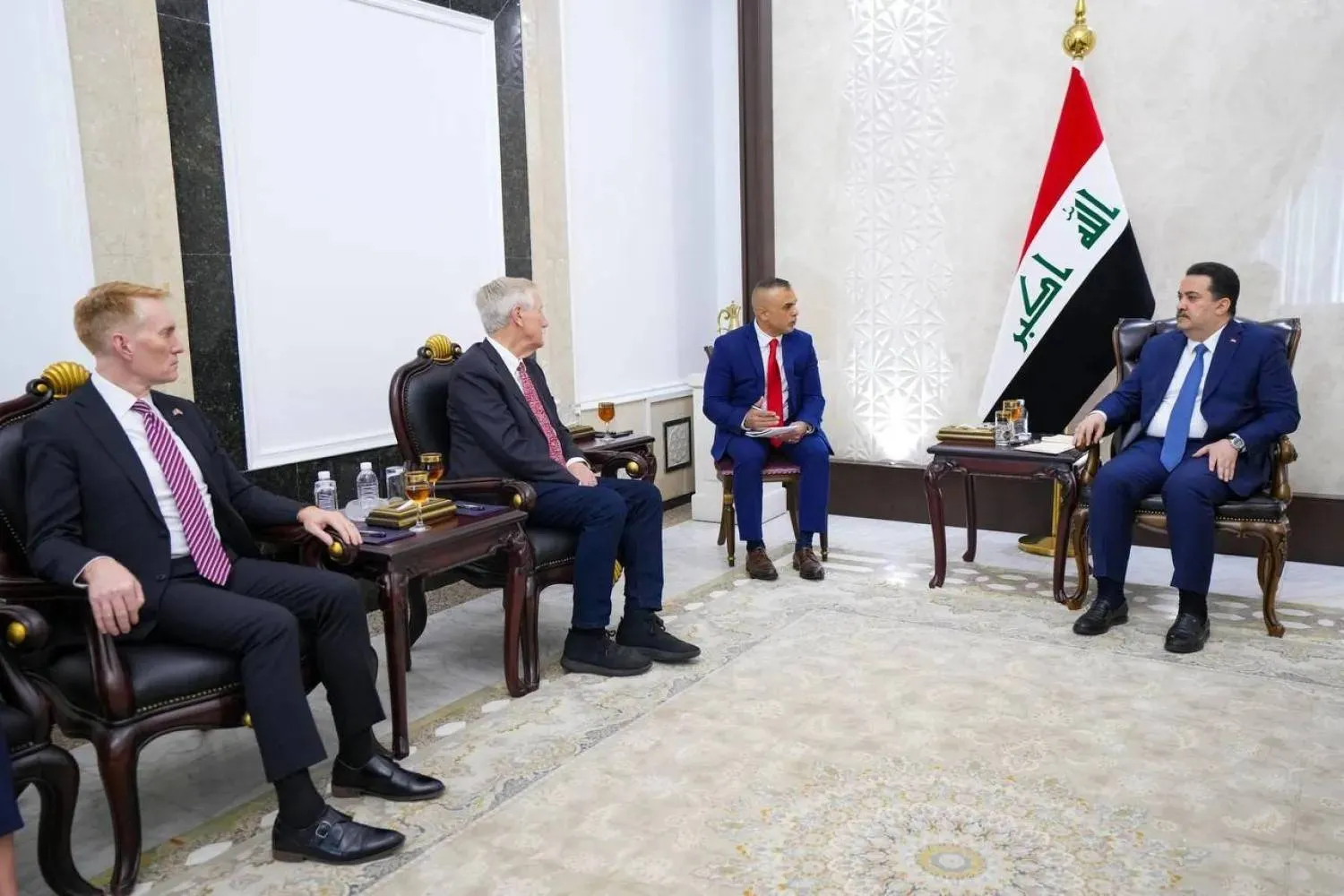Iraq’s federal government has softened its stance after initially rejecting recent multibillion-dollar oil contracts signed between the Kurdistan Regional Government (KRG) and two US energy firms, which were concluded without Baghdad’s consent.
The deals, worth an estimated $110 billion over their lifetime, were signed by KRG Prime Minister Masrour Barzani with HKN Energy and WesternZagros to develop gas fields in the Miran and Topkhana-Kor Mor areas of Sulaimaniyah province.
While Baghdad first dismissed the agreements as “invalid and unconstitutional,” citing a 2022 Supreme Court ruling, it later scaled back its rhetoric and simply called for adherence to the constitution — a vague position that underscores the enduring political impasse over a national oil and gas law.
The contracts have reignited long-standing tensions between Baghdad and Erbil, as the two sides remain at odds over the legal framework governing Iraq’s energy sector. Efforts to pass a national oil and gas law — first proposed in 2007 — have repeatedly stalled in parliament due to deep political divisions, particularly resistance from key Shi’ite factions.
A Legal Grey Zone
Legal experts argue that the issue goes beyond the contracts’ constitutional validity and touches on the very authority of the KRG to engage in such agreements.
“These contracts are unconstitutional,” legal expert Ali al-Tamimi told Asharq al-Awsat.
“The KRG is currently operating as a caretaker government, which limits its ability to sign international agreements.” He added that Article 110 of the Iraqi Constitution grants the federal government exclusive authority over foreign policy, international treaties, and energy policy.
“Oil is a federal matter,” Tamimi said. “International agreements should be made between sovereign states — not between a state and a regional government.”
Decades of Discord
The KRG has maintained strong ties with Washington since before the 2003 US-led invasion that toppled Saddam Hussein. However, some Shi’ite leaders believe they are losing influence in shaping US-Iraq relations, as Iran asserts greater sway amid shifting regional dynamics.
“The post-2003 political structure empowered Shi’ites and Kurds, but they failed to prepare for long-term governance,” a senior Iraqi political figure, speaking on condition of anonymity, told Asharq al-Awsat.
“Much of the current friction stems from the power-sharing deal struck after the US invasion and a constitution that now shows its flaws.”
The source added, “Every constitutional or sovereignty-related crisis reflects unresolved compromises between Kurds and Shiites — made while sidelining the Sunnis.”
KRG Sees Strategic Leap
Barzani defended the gas deals as transformative for the region’s energy infrastructure.
“These projects mark a major leap forward. They will create jobs and bolster energy security across Iraq,” he said following the signing.
Yet the absence of a unified oil and gas law leaves the KRG’s deals in a legal limbo — raising questions over Baghdad’s ability to enforce its authority and over foreign firms’ appetite for investment in Iraq’s energy sector.
Baghdad Eyes Deeper Ties with Washington
Despite the controversy, Iraqi Prime Minister Mohammed Shia al-Sudani reaffirmed Baghdad’s commitment to expanding ties with the United States, especially in energy, economy, and culture.
Meeting with US Senators Angus King and James Lankford, Sudani underscored “Iraq’s political and economic stability” and highlighted reforms in the oil and gas sector aimed at attracting foreign investment.
“The government has taken decisive steps in this area and achieved important milestones that will strengthen cooperation with American companies,” Sudani’s office said in a statement.
Strategic Outlook Amid Western Caution
Iraqi Foreign Minister Fuad Hussein echoed the prime minister’s sentiment, expressing hope for sustained engagement with Washington. However, he lamented the continued classification of Iraq as a “high-risk” country by several Western governments.
Hussein said Iraq was working toward energy self-sufficiency and independence. “The relationship with the US remains strategic, spanning counterterrorism, reconstruction, and regional stability,” he said.
He also urged greater US investment in Iraq’s promising energy sector, citing progress in capturing associated gas, expanding electricity ties with neighboring states, and exploring new gas fields.
“Iraq is on the path to becoming a major gas producer,” he said, inviting American firms to participate in what he called a strategic opportunity.









